The rich world and interactivity of Dungeons & Dragons can do amazing things for one’s creativity. Dungeon Masters and players alike will often find the 20-sided muse taking them, urging them to create custom characters, mechanics, stories, magic items, and more. Maybe you just love some good world-building and plot development, or you have great ideas for new mechanics that would fit any D&D game.
What if I told you that all that creative energy could be converted into cold, hard cash? Well, you can! It most likely won’t result in a wave of wealth, but sharing your homebrew content on monetized platforms can be a fantastic way to both share your ideas with the world and make some extra money in the process. Here are some of the easier ways to make money from your D&D content.
Upload Forgotten Realms Homebrews To DMsGuild
Your first assumption might be that you can’t make money from anything using Wizards of the Coast’s intellectual property. So anything set in the Forgotten Realms, or using characters like Volo, Elminster, and so on. That’s not true, however! A platform called Dungeon Masters Guild, or DMsGuild, is a collaborative project between WotC and Roll20 that allows anyone to sell modules, adventures, or supplements that utilize official D&D properties.
Registered creators can upload their creations, setting an optional price tag. Then, anyone online can download your content for the determined price, with you getting an approximate 50 percent cut of the profit.
The catch, however, is that you have to adhere to their specific requirements of content. We’ve outlined them in short below, but we recommend exploring their Creators Info Center for more in-depth information.
What You’re Allowed To Use
You’re allowed to use any of the 5th Edition D&D rules published by Wizards of the Coast, along with all of the published material for that system (if that material was published after 2014). This includes settings, items, plots, and characters. Want to make an adventure where you help Drizzt Do’Urden defeat Vecna aboard a spelljammer ship? You can!
You are allowed to expand on the existing rules and lore with your custom content, as well. For example: You would be allowed to create an adventure that takes place in the Curse of Strahd campaign setting, adding a new NPC or introducing an injectable side quest to that world and plot.
You are also allowed to use the other content available on DMsGuild in the same way, expanding or drawing on their established lore and mechanics. Want to include Matt Mercer’s Totem of the Duck barbarian subclass homebrew in your own custom content? That’s allowed!
If you plan to use something from another DMsGuild creator, they strongly recommend getting in touch with that creator and asking first, or at the very least, crediting them and linking to it in the final product.
Almost any official D&D setting is allowed, but due to certain restrictions, some aren’t. To simplify it, here’s a list of every allowed setting:
- Forgotten Realms
- Ravenloft
- Eberron
- Spelljammer
- Planescape
- Dragonlance
- Radiant Citadel
- Ravnica
- Theros
- Arcavios/Strixhaven
- Greyhawk
You are also allowed to have a neutral setting. This means that no specific setting was specified, and your content could reasonably be injected into an approved setting. NPCs and items originating from unapproved settings CAN be added to the content if the content itself is in an approved setting.
What You CANNOT Use
That IP freedom comes at a cost, there are a handful of restrictions as to the content you are allowed to share on the platform.
- WotC products made in collaboration with a third party cannot be used. This means things like the Stranger Things sourcebook or the Rick & Morty expansion system.
- While neutral settings are allowed, homebrewed or otherwise original settings are not. So I could not have a module taking place in the ocean archipelago known as the Emerald Shores since that is an original creation not tied to their approved settings.
- Your content has to be for 5th Edition, so content made for 1e, AD&D, 3e, 3.5, 4e, and so on, is not allowed. You are allowed to convert older edition systems into 5e for your usage, though. You can’t copy/paste the adventure wholesale, but it has to be a meaningful adaptation of the material.
- The content has to be a module, adventure, or supplement. “Comic books, novels, short stories, cards, computer games, apps, movies and other non-traditional product formats” are not allowed. Audio is allowed, but only if it’s supplemental to an adventure.
How To Get Started
If you’ve made content and you’re absolutely certain it meets the qualifications, you can submit the completed files (Usually a PDF, sometimes with extra files like map images, etc) by making a DMsGuild account, going to the Account page, and finding the “Enter New Community Created Title” under the My Content section.
Fill out all of the information on that page and submit. Assuming everything is right, it should appear on the marketplace soon.
Once you’ve made a sale, and money has accrued on your account, a My Money section will appear on the account page. Here, you can request a payout of accrued profit via PayPal.
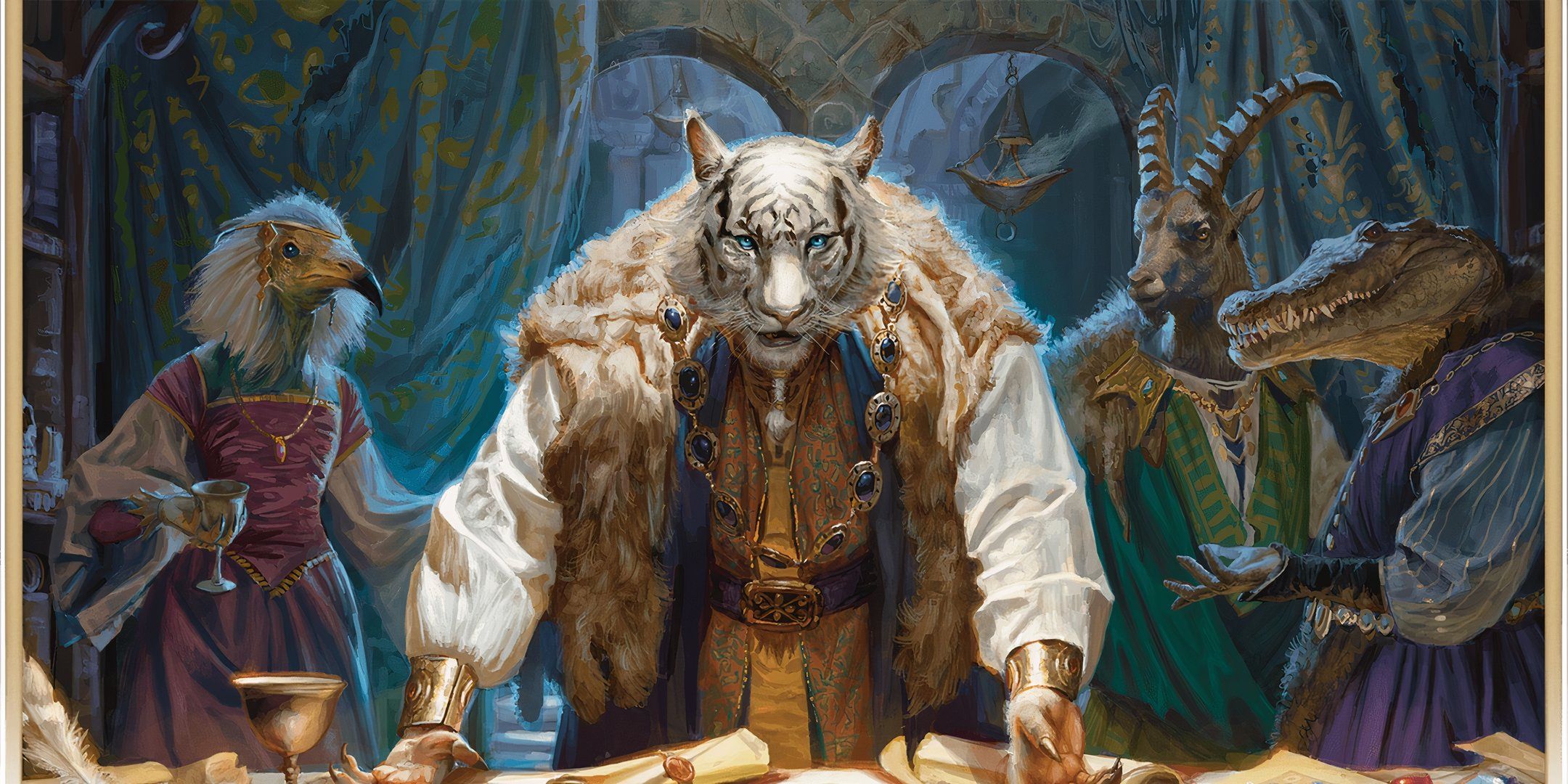
Related
Dungeons & Dragons: 10 Best Free DMsGuild Content
The best the community has to offer, all without a price tag.
Upload Original Settings To DriveThruRPG
Maybe your content doesn’t qualify for use on the DMsGuild marketplace. You have an original story, with original characters, in an original setting. You just want to use the 5e rule system. Or maybe you don’t! That’s where DriveThruRPG comes in. This is a sister site to DMsGuild that essentially hosts what DMsGuild won’t.
Understand The SRD, CC/OGL, And Fan Content Policy
This doesn’t mean you’re free to use whatever you want for your content, though. A new set of rules applies to content here. Namely, all content must adhere to the System Reference Document, the Open Gaming License/Creative Commons, and the Fan Content Policy, when applicable.
- The System Reference Document, or SRD, is a publicly available outline of what 5e content you are allowed to use freely and openly. Think of it as a barebones breakdown of the 5e ruleset. If it’s in the SRD, you’re allowed to use it for profit in custom content.
-
The SRD can only be used with the right license, though. It’s available under the Creative Commons Attribution 4.0 International or with the Open Gaming License 1.0a. Both options should be properly read, researched, and understood before deciding which one to use for your content.
- The Creative Commons Attribution 4.0 International, or CC-BY-4.0, is a more free and open license. This gives you greater freedom to use the SRD, but with that same freedom applied to your content as well. In short, you’re allowed to use, remix, and share the content commercially, as long as you appropriate credit, provide a link to the license, and indicate if changes were made.
- The latter, or the OGL, is a specific license designed for people like you, who want to create and sell custom content for their tabletop system. It existed as the go-to license to sell homebrew content before the Creative Commons option was adopted. We recommend reading the OGL for yourself to best understand what it offers/restricts.
- There is also an official Fan Content Policy, which dictates the rules for fan-made content for D&D. The rules of the SRD, OGL, and CC supersede these rules and can be disregarded for our purposes. We do recommend reading it anyway, so you can learn what WotC would prefer regarding presentation.
What You Can And Cannot Use
DriveThruRPG hosts adventures and supplements for not just D&D but countless other tabletop RPGs, like Call of Cthulhu, Warhammer, and Pathfinder. As such, their general content guidelines are dependent on which RPG you’re writing for.
Since we’re focusing on D&D, the general content guidelines are whatever the SRD and OGL/CC dictate. In short, this means you can use the d20 system and concepts like species, classes, skills, and spells, as dictated in the SRD, but you need to come up with everything else. Be sure to double-check the SRD and the license you’ll be using for any nuances.
DriveThruRPG does have a small selection of rules for all content, as well.
- Nothing offensive
- Nothing pornographic
- Nothing that infringes someone else’s copyright or trademark
- Nothing libelous (i.e., spreading lies about real-world people)
They also have some rules about AI-generated work.
- You are required to indicate that AI was used in the Creation Method filter when adding a new title.
- The content may not be primarily written with AI text generators.
- No Standalone Artwork products that use AI-generated tools.
How To Get Started
If you’re interested in publishing on DriveThruRPG, visit their Getting Started page and follow the instructions. Once an account is made, they provide guidance for getting started, such as advice on formatting.
If you’re unsure if you have everything you need and you meet all the rules, consult their New Title Checklist for a step-by-step process to check if it qualifies.
Depending on your choices, you will earn a 65-70 percent royalty on all sales. Payout instructions are provided.
Explore Other Platforms
There are countless other platforms out there that can host D&D-related content and provide a way to monetize your work. This includes the Roll20 Marketplace, for integrating your material into their Virtual Table Top system, releasing content regularly to a Patreon page or other subscription-based backer platform, or even just making your own website!
Roll20 owns DMsGuild and DriveThruRPG and offers methods for easily hosting your content on both platforms.
There are too many ways to detail all of them, which is why we focused on the two biggest platforms. But you don’t need to stop there.
Potential Ways To Monetize Your Custom Content
- Monthly maps, magic items, NPCs, or adventures on a Patreon account.
- Digital adventure PDF downloads on your own personal website.
- 3D printed/painted mini figures or map tokens sold on Etsy.
- Run paid DMing services online via startplaying.games.
- Run paid DMing services in the real world at your local game store.
Of course, the profit margins, traffic, and consumer interest will vary wildly with each idea. Make sure you do your research when considering a platform.
Things To Keep In Mind
Any D&D content you want to monetize will still have to follow the rules set by the SRD and OGL/CC, as mentioned in the DriveThruRPG section. These rules apply to all formats, regardless of where you’re trying to monetize them.
While finding different platforms will provide greater freedom in the variety of content you can provide, you still will need to play by Wizards of the Coast’s rules. Make sure you understand what is and is not allowed when choosing where to sell your content.
Once your content is out there, you’ll have a nice, passive income before you know it.

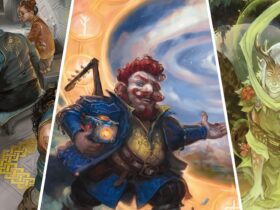
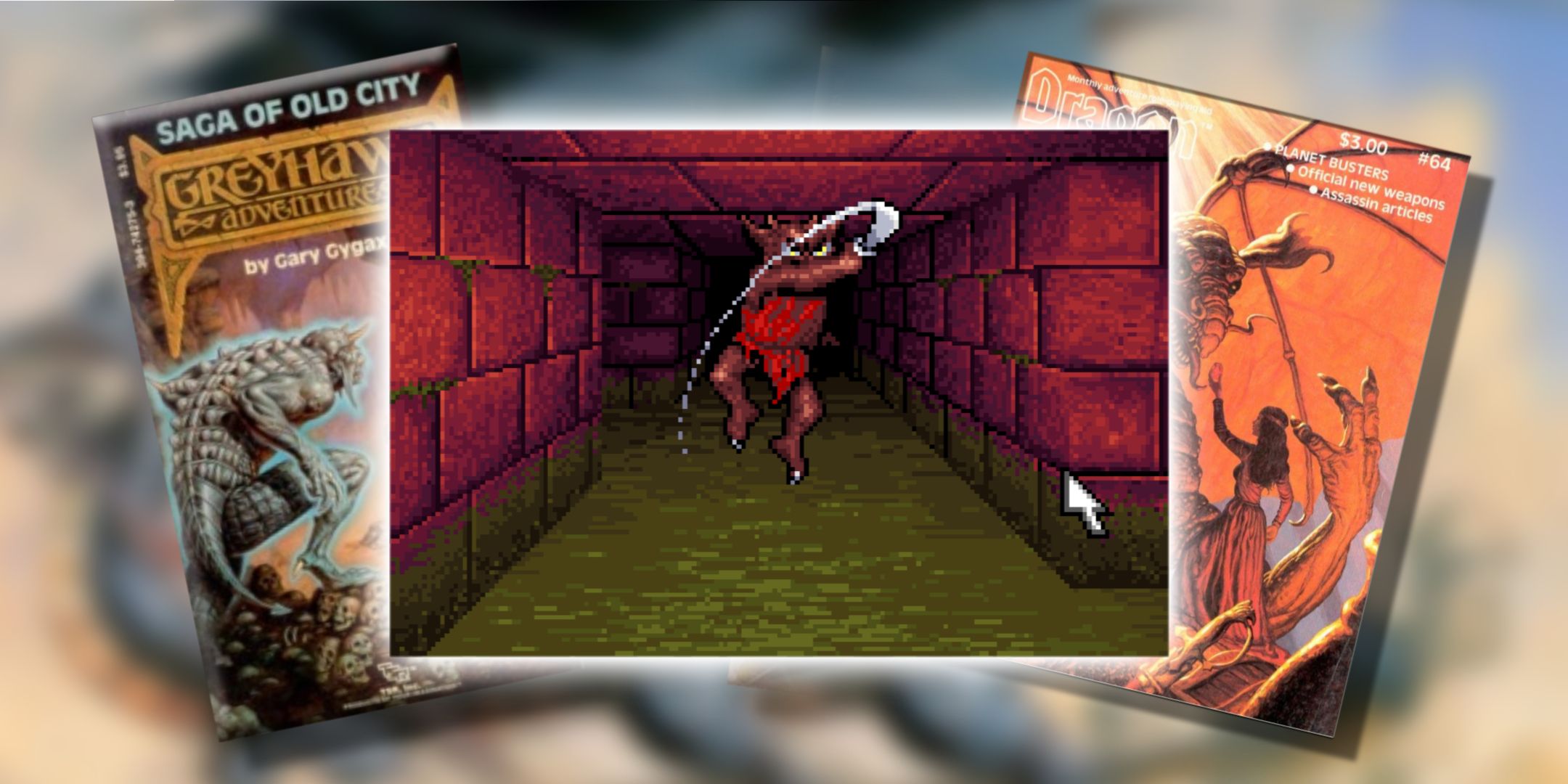

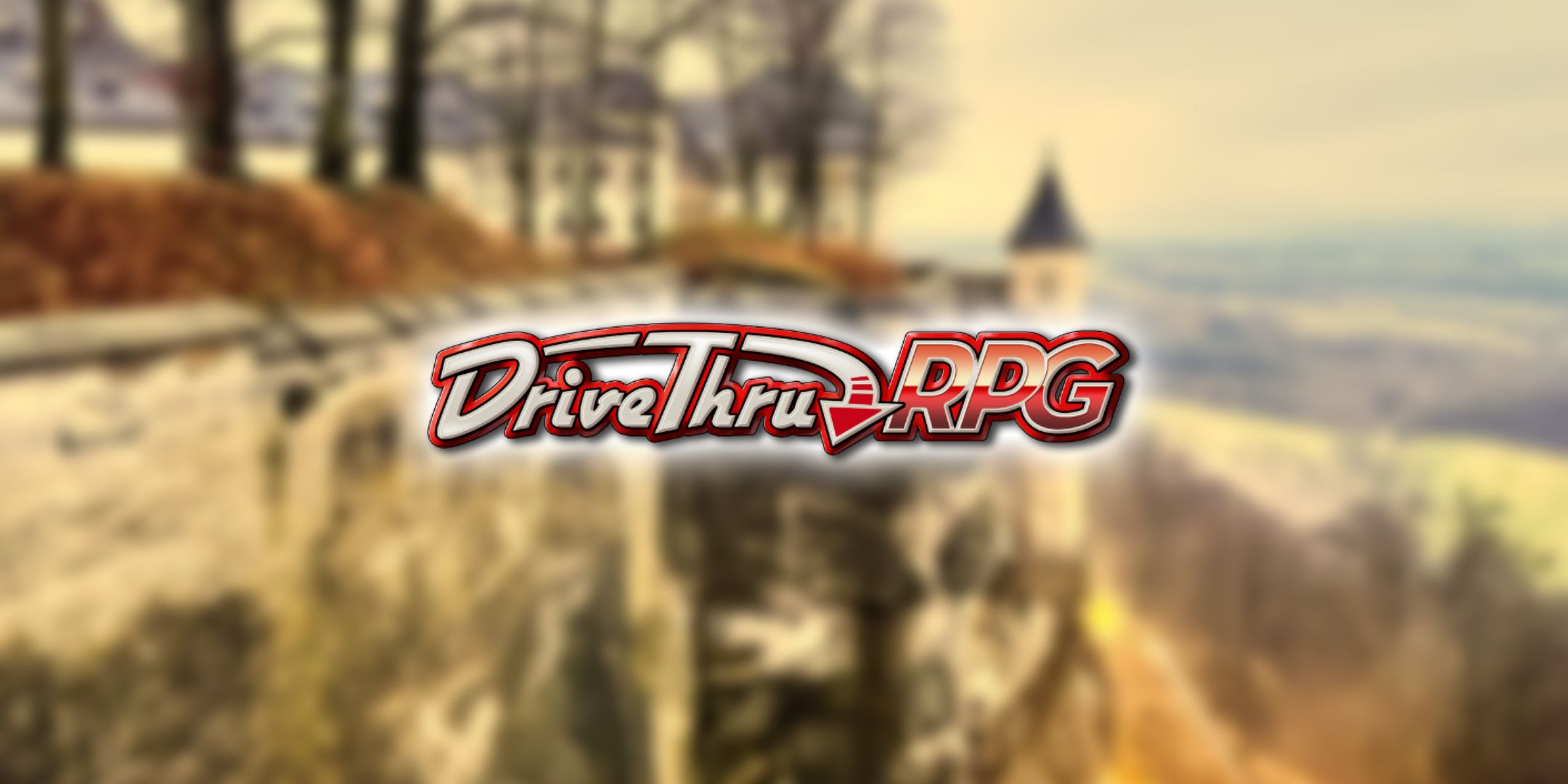
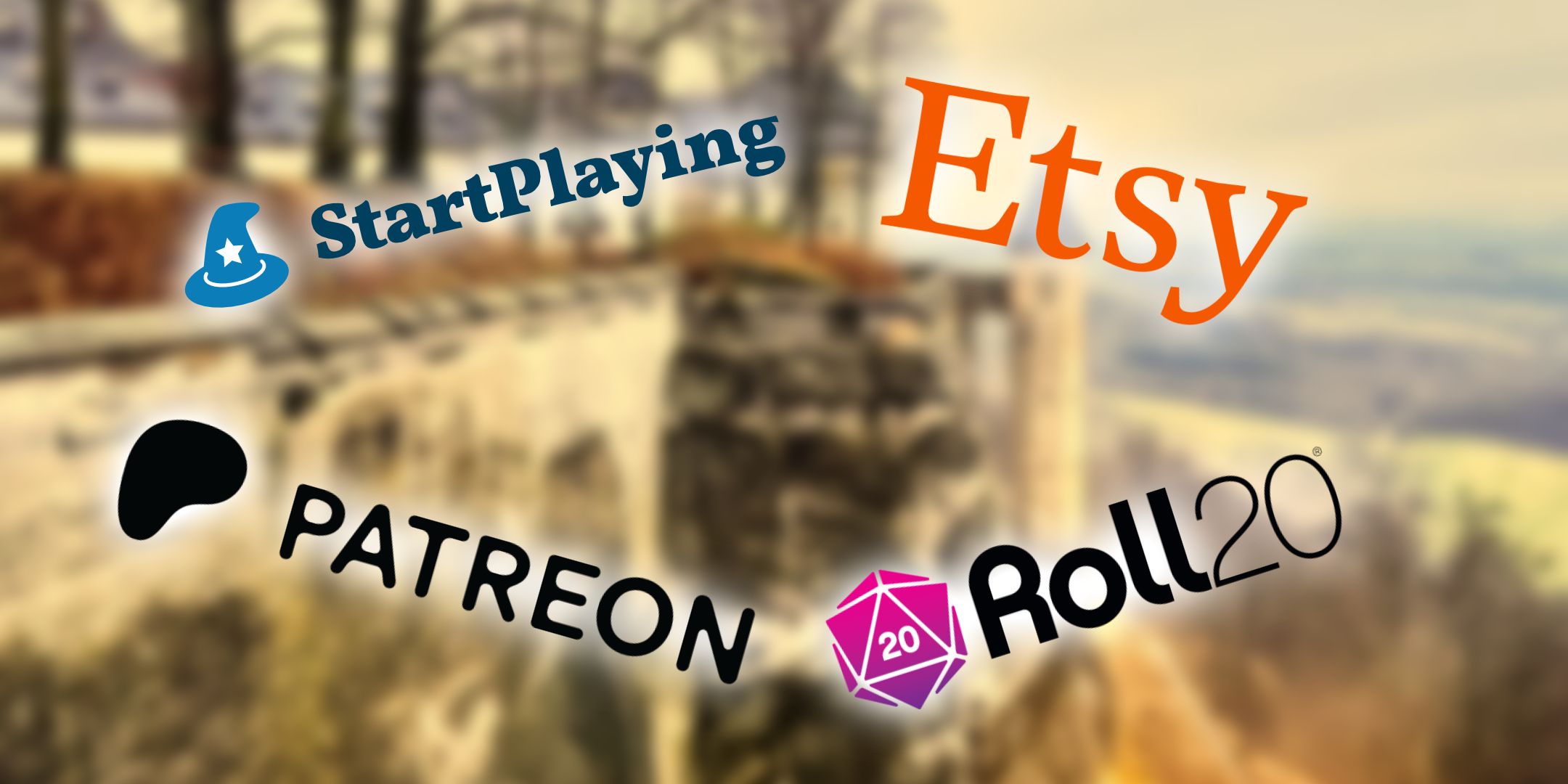



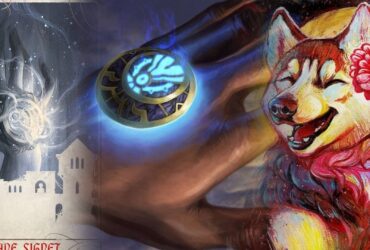
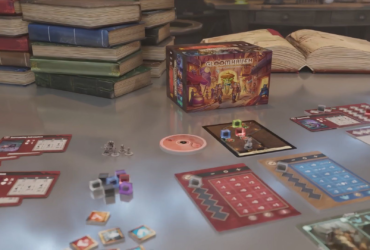
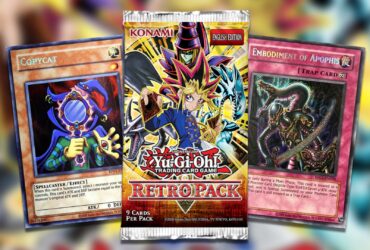

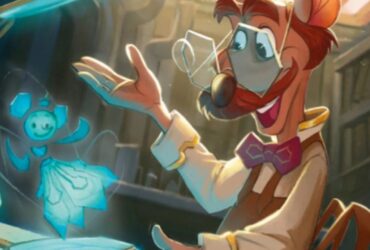
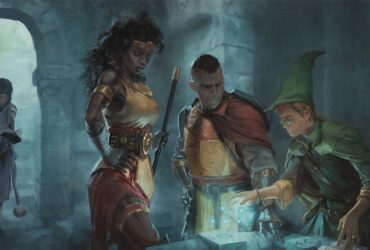
Leave a Reply